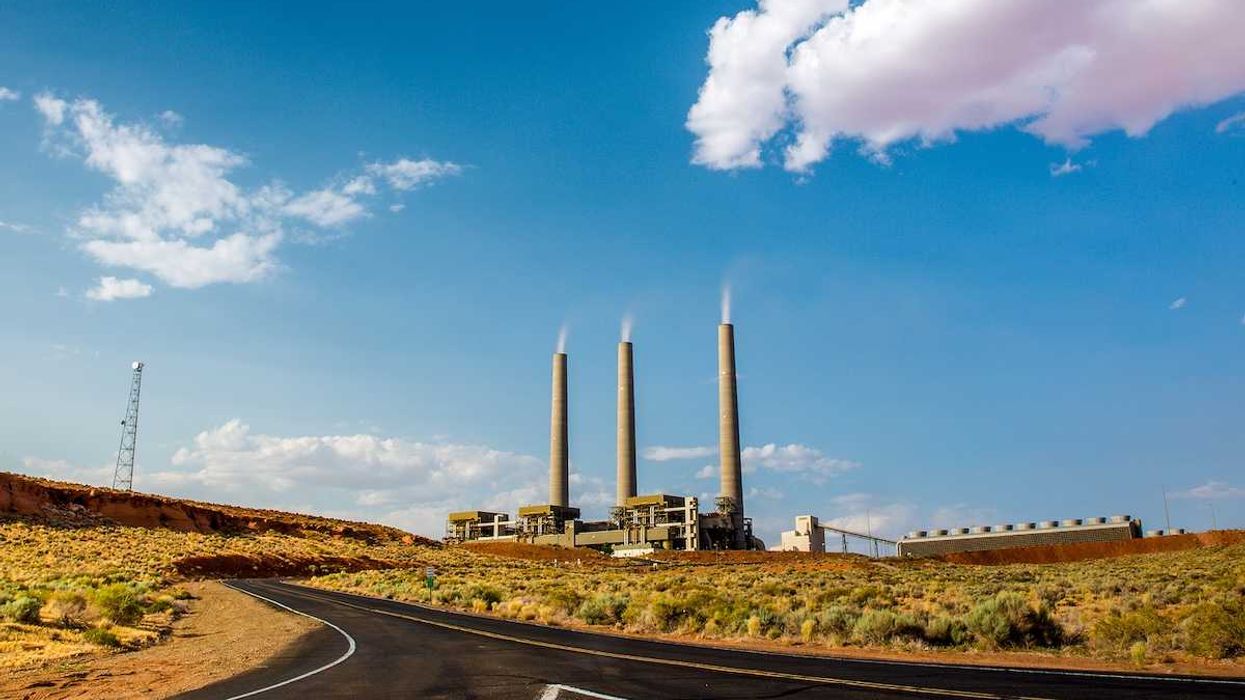Tyson Foods has been identified as a significant polluter, releasing large quantities of toxic substances into American waters over the past five years, compromising wildlife and human health.
Nina Lakhani reports for The Guardian.
In short:
- More than 371 million pounds of hazardous pollutants like nitrogen and cyanide were discharged by Tyson Foods into water sources across 17 states.
- These toxics were part of 87 billion gallons of wastewater from slaughter and processing facilities, impacting water quality and ecosystem health.
- The pollutants contribute to severe environmental issues such as algal blooms and marine life suffocation in affected waterways.
Key quote:
"There are over 5,000 meat and poultry processing plants in the United States, but only a fraction are required to report pollution and abide by limits."
— Omanjana Goswami, Union of Concerned Scientists co-author
Why this matters:
The discharge of such significant amounts of pollutants jeopardizes wildlife and poses direct and indirect health risks to populations relying on these water sources. It also calls into question the efficacy of regulatory frameworks designed to protect natural resources and public health.














